Transplant tropes: How K-dramas use health crises as storytelling devices
by missvictrix
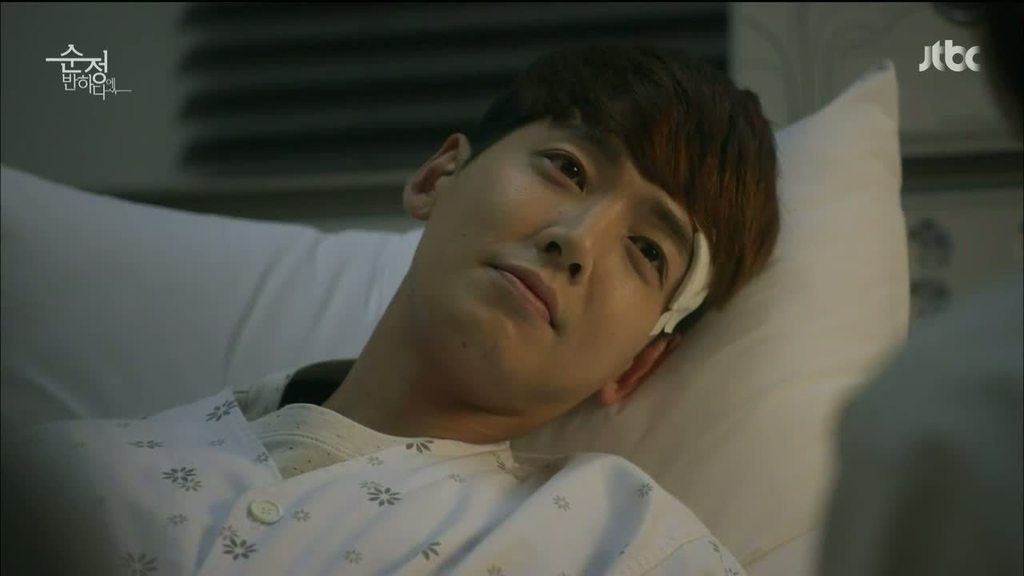
Korean dramas are brimming with tropes and plot devices, and they often revolve around illnesses or injuries sustained by leading characters. From the skinned knee or sprained ankle that necessitates a piggyback scene, to the full-blown illnesses, accidents, and diagnoses that shake up the entire world of our character — you don’t have to look hard for a drama that contains one (or several) of these elements. Love them or hate them, these tropes are frequent enough to investigate as metaphors.
K-dramas have featured everything from amnesia to Alzheimer’s to heroes running around exacting revenge with inoperable bullets in their heads. There’s no health crisis left unutilized in dramaland. While brain tumors and brain-related traumas are frighteningly frequent, another often-used element is that of the organ transplant — particularly a heart transplant.
Jung Kyung-ho had not only one, but two dramas where he had a heart transplanted. So Ji-sub donated his once under dire conditions and the lovely Sohn Ye-jin once went through two heart transplants in a single drama. Though there’s some deviation with these when sometimes a different organ needs to be transplanted (like the liver transplants in Just Between Lovers and Cinderella and the Four Knights), hearts usually win.
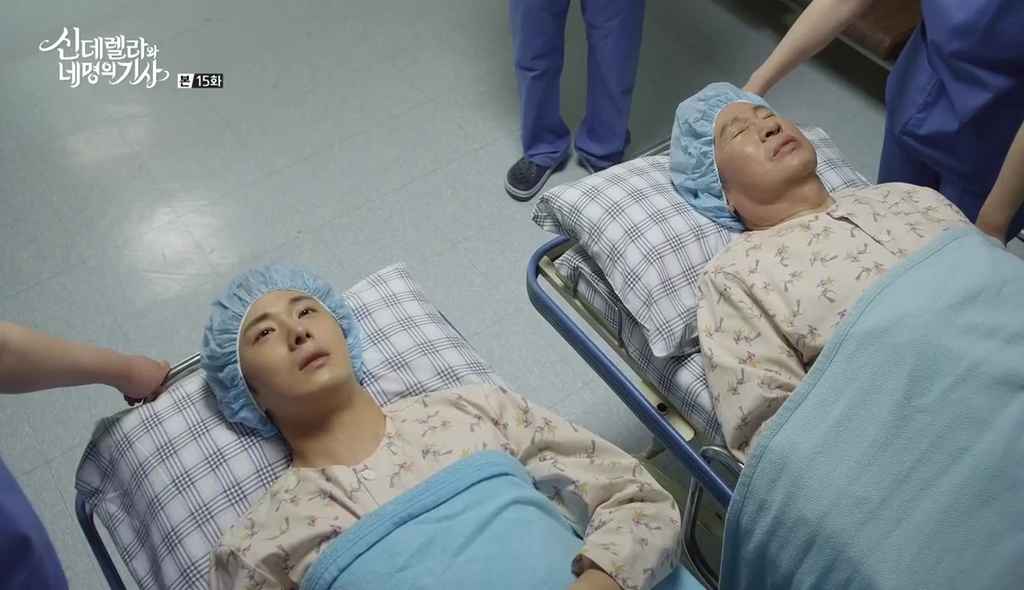
Before we look at how K-dramas use the organ transplant trope on both a metaphysical and metaphorical level, I think it’s important to start by recognizing the difference between these things in real life versus the world of dramas. While it’s easy to giggle over the repetitive and overly dramatic nature of illnesses as drama tropes, in reality, they are serious issues not to be taken lightly.
For me personally, organ transplants and how they’re depicted in dramas often hits close to home (perhaps too close to home), since a member of my family recently experienced the real thing. So, as we look at dramaland and its depiction of these health crises, please know we are analyzing stories, and not trivializing the real-life impact of these scenarios.
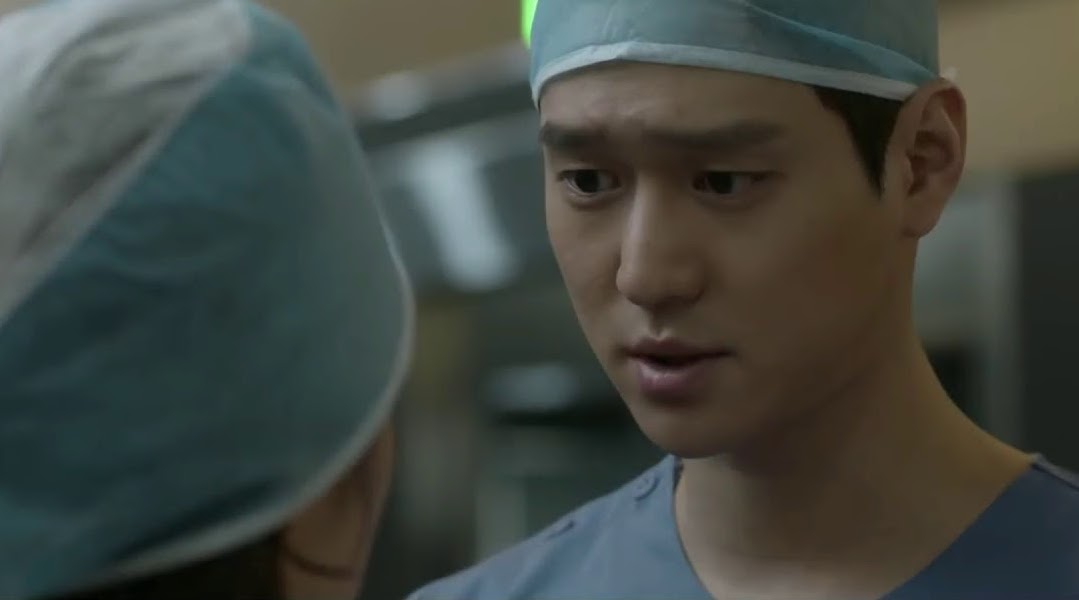
K-dramas can seem to take organ transplants lightly (meaning, use them as a “plug and play” plot device), but they also use them to make strong social statements. When the medical revenge drama Cross aired early last year, it was noted that the production hoped to shed light on (and possibly demystify) something that wasn’t widely discussed. Director Shin Yong-hui was quoted in The Korea Herald as saying that, “While organ donation is very much needed in society, people do not know of its importance. I hope that the public can become more aware of it through the drama.”
While K-dramas can use vital organ transplants to draw attention to social health and medicine, more frequently, they’re about telling compelling stories. Of all the harrowing experiences to choose from to weave a dramatic tale, why do K-dramas so often choose transplants? I think the reason is two-fold: A transplant not only promises a tale with maximum gravity, but it’s also rich with possibilities for narrative metaphor.
There isn’t an organ in the body that’s referred to more metaphorically than the heart. For centuries, the heart has been used as a way to express love, emotions, and depth of feelings. You can give your heart to someone, lose your heart, pour out your heart, have heart, share what’s on your heart, wear your heart on your sleeve, get your heart broken, do something with all your heart — in other words, there’s no shortage of subtext and metaphors around the human heart.
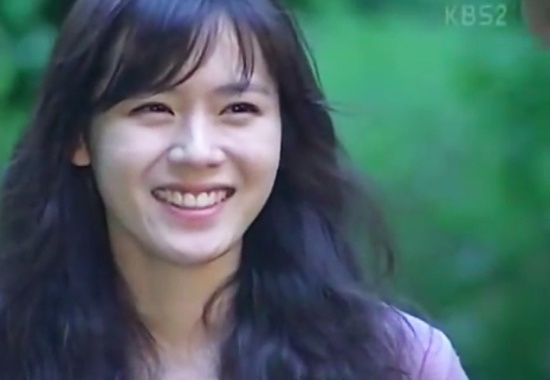
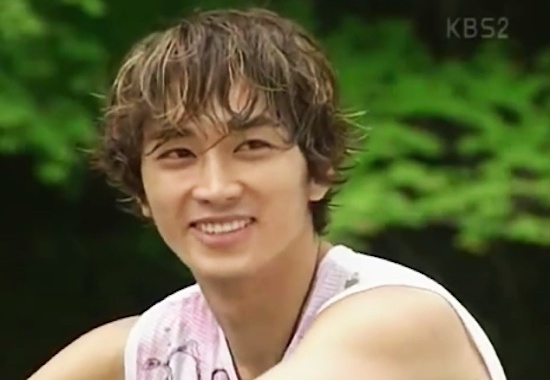
While there are many tropes around heart transplants, one of the predominant ones is the question of where love truly resides. Is it possible that the physical heart is responsible for the emotional realm of the heart? With a heart transplant as a plot device, and the concept of cellular memory as the hypothesis, K-dramas make their characters endure all sorts of undue suffering while playing out this possibility.
Take the 2003 Hallyu romance Summer Scent, for instance. The drama opened with the lead characters (played by Sohn Ye-jin and Song Seung-heon) meeting by chance, and finding themselves inexplicably drawn to each other. Of the many obstacles keeping this OTP apart, none could hold a candle to the fact that Sohn Ye-jin’s heroine had received a heart from the tragic death of Song Seung-heon’s first love (of course). Was this physical and visceral connection what drew them together from the start? Summer Scent takes the long way around to answer this question.
After being forced apart by guilt, loyalty, noble idiocy, and the like, the heroine’s heart transplant eventually failed, and another surgery became necessary. Our un-lovers parted ways, and Sohn Ye-jin took off to the States, as heartbroken and/or ailing K-drama characters are so wont to do. Some time after, our lovers met again, passing randomly on the street. Low and behold, the hero and heroine were still drawn to each other, able to sense the other’s presence in a crowd.
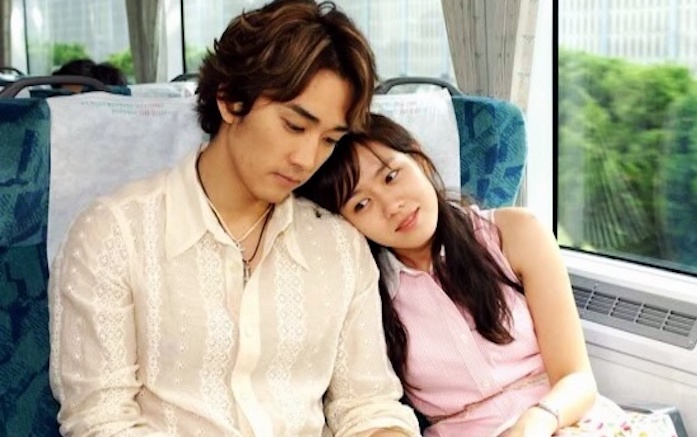
A more recent drama that looked at the same issues around heart transplants was the 2015 drama Falling for Innocence, which starred Jung Kyung-ho and Kim So-yeon. Much like the scenario in Summer Scent, Falling for Innocence used the transplant trope and the concept of cellular memory to explore the nature of love.
In Falling for Innocence, this took the shape of a sudden lollipop obsession for our hero, a complete personality transformation, and the possibility that someone’s love for another exists in a vital organ, rather than on a metaphysical plane. Because yes, in this drama, Jung Kyung-ho received a heart transplant from none other than the fiancé of Kim So-yeon’s character, who died under mysterious circumstances. And yes, when they fall in love and the past is revealed, complications abound.
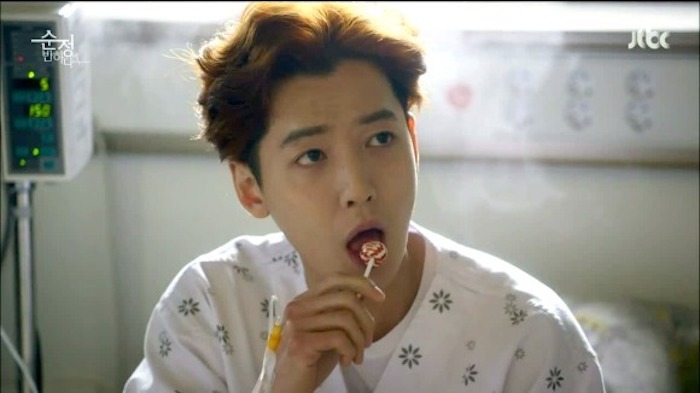
Both Summer Scent and Falling for Innocence are great examples of how the transplant trope examines the physical heart as representing the emotional realm of the heart, and how that is intrinsically tied to the guilt (or more broadly, dharma) because of the organ’s history.
While this is not only medically unrealistic (organ donor identities are carefully protected in the real world), it’s also statistically improbable — the chances of this kind of overlap between donor and recipient are miniscule. But dramaland doesn’t care much about unlikeliness or statistical probability. They have a ready-made plot device that can be used to explore the power of love and how it transcends the physical realm, and by gosh they’re going to use it.
Beyond the realm of the metaphysical, there’s the metaphorical aspect of the heart transplant trope, where it’s used to symbolize or elaborate on a theme. An organ transplant, and especially a heart transplant, is one of the strongest signifiers out there to represent a new beginning, new hope, or even a new life.

Dramas can use this metaphor for characters that have earned a second chance (like Junho’s character in Just Between Lovers), or for characters that get a chance for redemption (like Jung Kyung-ho in Falling for Innocence). Recently announced tvN drama Confession seems poised to use a heart transplant metaphorically as well. It tells the story of a hero (played again by Junho — not complaining, but sheesh!) who receives a much-needed transplant, and then uses his second chance at life to clear the name of his father, who was wrongly convicted of murder.
A successful transplant means a new hope and even a metaphorical rebirth for the character, but dramas often look at the opposite side of this dynamic as well. Another reason the transplant as a plot device is so loaded with narrative possibilities is that these stories can often simultaneously explore themes around loss, tragedy, and sacrifice.
As Won Jin-ah’s heroine in Just Between Lovers comes to realize, “Just as misfortune can come unexpectedly, miracles also come out of the blue when you’re about to give up… But that miracle could come from someone else’s misfortune.”
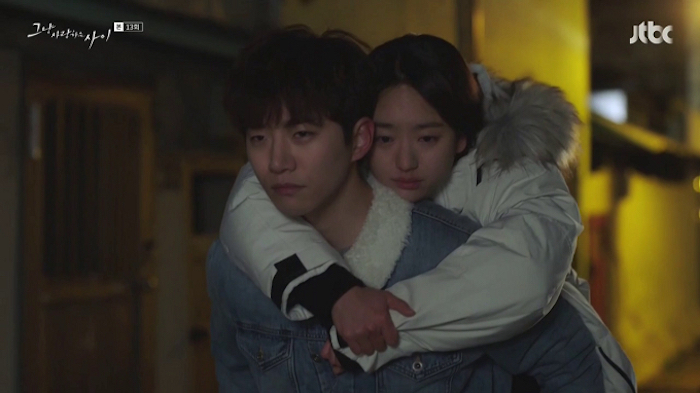
As if this fact didn’t bring enough drama and heaviness to the table, K-dramas often take this idea a step further. Far be it from dramaland to miss this golden opportunity to tell a story about love in relation to sacrifice — it’s one of the most seminal, important, and beautiful tales out there to tell.
Sacrificial love is often explored in K-dramas through diverse means and devices, and the organ transplant is just one of them. Classic drama I’m Sorry, I Love You used a heart transplant and heart donation in this way. The hero, played by So Ji-sub, rather than wreaking revenge on the birth mother who abandoned him, and the adopted son she treasured in his place, wound up donating his heart so that the son (played by Jung Kyung-ho) could live. It became the final act in a story about revenge and hate dissolving into love and forgiveness, which happens to be one of my all-time favorite themes.
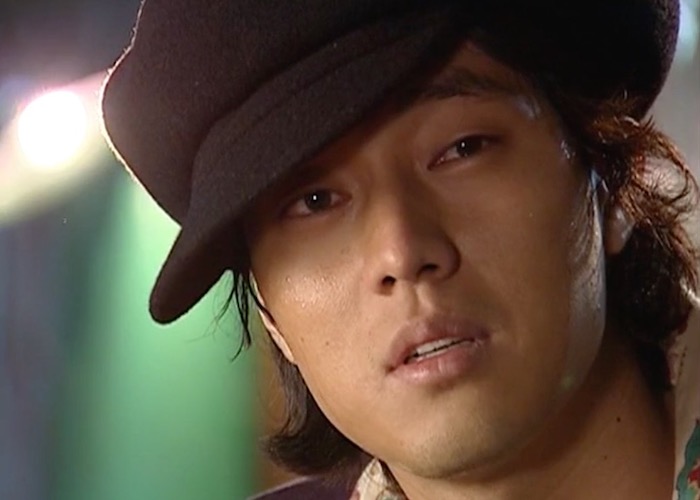
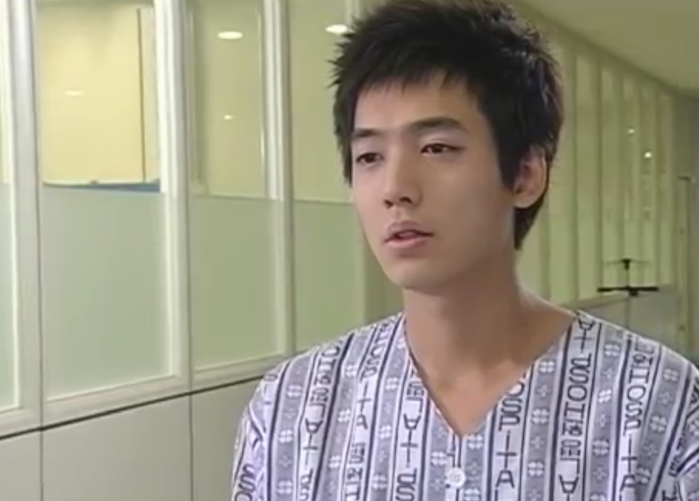
Another revenge melodrama that pulled out this theme was 2013’s Shark, which starred Kim Nam-gil and Sohn Ye-jin. While the setup for this organ transplant scenario was a little deus ex machina, in a story that had been a web of love and revenge and sadness, it still functioned as an exploration of love. The hero, though bloodied and beaten, held on long enough to donate his liver to save the life of his innocent younger sister.
In addition to exploring sacrifice, both of these dramas also point to another way the organ transplant is used, and that’s as a plot vehicle. How many times has an organ transplant plot line been boiled down to paternity or familial reveals? Sometimes (and this is even more true for makjang dramas), the transplant exists for the sole purpose of that genetic reveal. Both I’m Sorry, I Love You and Shark feature sibling organ donations. Whether biological siblings, or siblings of the heart, the relationship between the two individuals is crucial to the story, and to the theme.
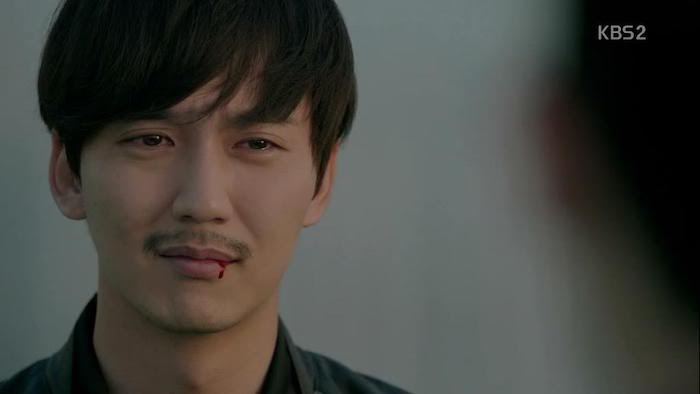
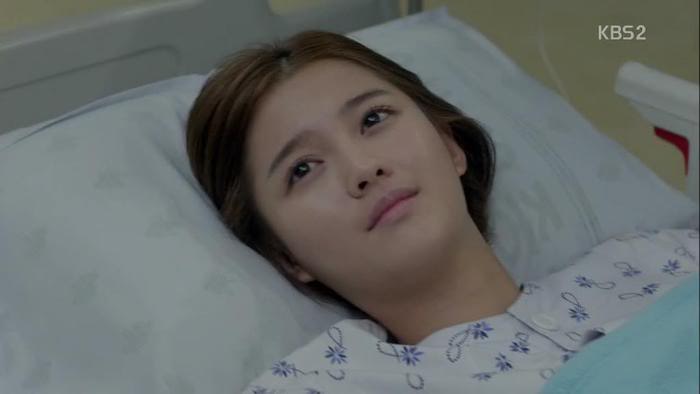
As we’ve seen, the idea of a heart or vital organ transplant is full of storytelling potential. From explorations of love that transcends the physical, to stories that play with the relationship between coincidence and fate, the organ transplant has been used to tell them all.
Like many other tropes and plot devices, the strength of the execution determines whether the transplant element will come off as an overplayed trope, or as a deep and compelling thematic exploration.
While I think that dramas have been more successful telling original and moving stories through other health crisis elements, the organ transplant concept has long been an essential part of K-dramas. And perhaps having a ready storytelling element that centers on the power of love, and ends with hope and rebirth, isn’t such a bad thing after all.

RELATED POSTS
Tags: Cross, editorial, Falling for Innocence, I'm Sorry I Love You, Just Between Lovers, Shark, Summer Scent
![[Beanie Review] Light Shop](https://d263ao8qih4miy.cloudfront.net/wp-content/uploads/2024/12/LightShop_reviewb.jpg)
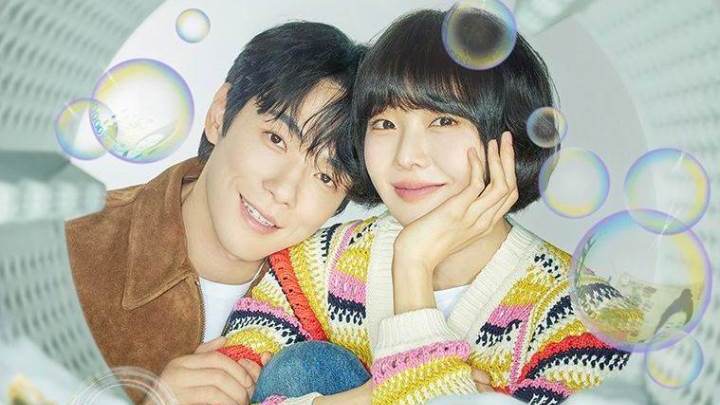







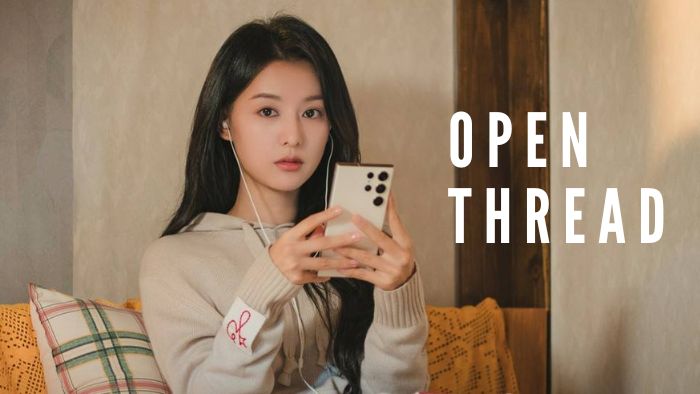
Required fields are marked *
Your email address will not be published. Required fields are marked *
1 Mehgann
January 29, 2019 at 10:58 AM
When JBL came through with the liver transplant, externally, I was like "WHAT A COP OUT!!!" But for the first time in history, internally I was okay with it anyway, because good grief, that guy really NEEDED a break. Lol!!!!! (I am not usually this forgiving when it comes to last minute miracles in dramas)
Required fields are marked *
Maq
January 29, 2019 at 4:10 PM
I'm glad they didn't kill off Junho's character, although I honestly think it would have been better (objectively) if they had. The lead-up is so grim and forlorn that I think every would have been resolved much better if they had just let him die. The transplant in the last like 10 minutes is sudden and discordant with everything else; it seems like the writer got faint-hearted and decided to resile from the natural conclusion to the story in favour of something digestible. Also, to be honest, I think it would have made more sense thematically as well. Yeah, the show is about second chances, but it's also about realism and about the fact that some times people don't get n > 1 chances (or, when they do, sometimes those chances still don't work out). A real story about redemption would acknowledge that not everybody is redeemed, even when everybody is "deserving" (or, to put it more bluntly, some people are marked out by fate for misfortune, regardless of how virtuous they are).
Required fields are marked *
Mehgann
January 29, 2019 at 5:58 PM
I agree with everything you just said. :)
Required fields are marked *
Nam Joo-hyuk is Tall
January 30, 2019 at 1:08 PM
My issue wasn't that he survived miraculously, it's that it was a physiological "miracle" rather than a psychological one, which is what he really needed. He had a new liver, sure, but what about the episodes and episodes of emotional and mental trauma they both suffered through. Now that he has a new liver they're suddenly A-OK in the mind? Not buying it. The trope was completely misused here.
Required fields are marked *
Mehgann
January 30, 2019 at 3:07 PM
I agree with that.
Required fields are marked *
2 Lord Cobol (Kdramas, like water, flow downhill)
January 29, 2019 at 10:59 AM
Silly me, I thought transplants were overdone without even knowing how overdone they are...I haven't actually seen any of the shows mentioned except Cinderella and the Four Knights, but My Spring Days and Children of Nobody were more than enough.
Required fields are marked *
3 kiara
January 29, 2019 at 12:25 PM
I clicked for Jung Kyung-ho but I'll read on cause I might learn a thing or two about storytelling.
Thank you @missvictrix.
Required fields are marked *
4 kx
January 29, 2019 at 12:58 PM
Perfect timing.
Junho can't catch a break. He will also be getting a heart transplant in his new drama Confessions it seems.
Required fields are marked *
Maq
January 29, 2019 at 4:12 PM
It's because Junho does "puppy kicked over and over by destiny" better than almost everybody else.
Required fields are marked *
Midnight
January 29, 2019 at 10:08 PM
"Cocky puppy kicked over and over by destiny"
Required fields are marked *
Maq
January 29, 2019 at 11:10 PM
The cockiness and bravado makes it even sadder.
Required fields are marked *
5 larelle79
January 29, 2019 at 1:08 PM
"While this is not only medically unrealistic (organ donor identities are carefully protected in the real world)"....
In Falling for Innocence, Min Ho was taking in to the police for trying to find out who the donor was. That resulted in Soon Jung being sent there by a conniving Joon hee (as Min Ho missed their 1st date because of the arrest and interrogation) and the drama that unfolded in true kdrama troupe style.
Required fields are marked *
6 oppafangirl
January 29, 2019 at 2:55 PM
So Jung Kyung Ho had to get two transplants because that was as much his heart could take, I mean its so exhausting to see himself everyday in mirror looking so hot. (*This is what happens when you put jis picture in the header*)
Sohn Ye-jin actually time travelled and watched Pretty noona and her heart could not take but after first surgery she lost her memory so made the same mistake again but after the second surgery she even lost her ability to time travel.
#Sorrynotsorry
*I will see myself out*
*goes to sleep*
* Junho, i will think of a new theory when he gets his heart transplant, I have some time.
Required fields are marked *
7 JustMe
January 29, 2019 at 2:58 PM
When transplants arise in kdramas, my ever present pharmacist logic goes: but that means he has to be on medication for life (and he/she cant skip doses). And people who receive or give transplants go through loads of tests... criteria, etc etc. Point is, transplants do save lives but to up to a certain poinr and with certain criteria. (Darn it brain, cant you just accept their happiness!?!)
Required fields are marked *
RenOIshi
January 29, 2019 at 4:19 PM
Somebody open up a Go Fund Me page to make a pharmacist centric drama for Justie please :)
Required fields are marked *
JustMe
January 29, 2019 at 4:36 PM
Jaeballllllll *hugs my chingu and cries*
Required fields are marked *
8 bluekitchen
January 29, 2019 at 3:08 PM
Awesome and thought-provoking analysis! Never saw it this way. (Reminds me of the discussions we would have in college film classes, when we would go all philosophical about Japanese anime and sci fi).
I just wish the shows would have some kind of medical consultant to make it semi-accurate. With all the health twists they incorporate (transplants, amnesia, phobias, rare genetic diseases, depression) production houses should even have a permanent VP for Medical Tropes to approve the scripts 😂
Required fields are marked *
9 Maq
January 29, 2019 at 4:16 PM
Multiple members of my family have gone through transplants because of a hereditary disease (one which I also have and which may require me to get a transplant as well one day). The only two dramas I've watched that have organ transplants are JBL and ISIL (wow that acronym is dangerous!). In both dramas, I think the device was used well.
Required fields are marked *
10 RenOIshi
January 29, 2019 at 4:17 PM
I am a registered organ donor. And no, kdrama's didn't push me in that direction hehe. But the feeling of helping someone and leaving a part of me behind while I go away is a feeling I want to feel. Probably I wouldn't even know any feelings once I am dead but I'd like to think nonetheless...
Anyway, like you said, this particular trope is one of my pet peeves. However one of my most favourite dramas of all time handled this sickness trope really really well.
It is not a transplant per say but giving JJS breast cancer, as a guy, in Jealousy Incarnate, opened up a lot of socially unacceptable doors to me. How often have we heard of males getting breast cancer? I mean I didn't even know it existed! It made me google search breast cancers in men and how common it actually was! I was glad they talked about an almost taboo subject and inserted it nicely into the overall story.
That is one drama sickness trope I have gotten behind a 100%.
Required fields are marked *
Midnight
January 29, 2019 at 10:13 PM
Agree completely on JI. That drama shook me to the core.
Required fields are marked *
11 bbstl 🧹
January 29, 2019 at 5:43 PM
This is a really interesting radio interview with a US transplant surgeon and author from just this month. He talks about the psychological effects of transplantation on recipients, about relationships between donor families and recipients, transplants from live donors and all kinds of related topics here and in his new book.
https://www.npr.org/sections/health-shots/2019/01/14/685008319/a-surgeon-reflects-on-death-life-and-the-incredible-gift-of-organ-transplant
Americans, sign the backs of your drivers licenses to donate in case of emergency and tell your family of your wishes. Sorry if that sounds morbid but please think of the good you might do. ❤️
Required fields are marked *
larelle79
January 30, 2019 at 8:04 AM
Yep. When my grandmother got truly sick the 1st time, I was the closest family member to her and I had the have the talk (DNR, power of attorney, burial etc). It ain't fun. It ain't suppose to be and basically, we don't live forever. That is not how this works and I could have slapped the back of my mother's and uncles head for having that mindset and a dramatic reaction to doing this. Then I remembered that they never grew up and had entitlement issues for the day is long.
I always make sure my organ donor information is updated. When it's time for me to go, it's time for me to go.
Required fields are marked *
bbstl 🧹
January 30, 2019 at 8:53 AM
I'm sorry you had to be the one, those talks aren't fun. They should be easier when done in advance and not under the duress of a crisis. And so helpful to the family you leave who aren't faced with difficult decisions and second-guessing themselves. Because we're all gonna go.
Required fields are marked *
larelle79
January 30, 2019 at 9:17 AM
My grandmother's Homegoing was a mess as the result. Not one of them picked up the phone to even let me know she was sick let alone dying. But at the end of that day, those were her children so.....
Required fields are marked *
missvictrix
January 30, 2019 at 4:27 PM
Thank you for sharing that powerful article! I agree so much about being an organ donor. Many people don't want to think about mortality, but it's amazing to be able to give life like that. After seeing my brother go through a transplant, there's no way I'm not donating what I can, when the good Lord calls me ;)
Required fields are marked *
12 Kwan
January 29, 2019 at 5:56 PM
The heart transplant theme that completely knocked me out and left me crying buckets was, Tree of Heaven. It was my first Kdrama with this sort of story line, and it was hard to take. It still sticks out in my mind as the saddest Kdrama I've ever seen. Second place goes to the long suffering lovers in Forever Yours, where Ryu Si-Won just can't catch a break in bringing Kim Hee-Seon happiness. She dies and leaves her corneas for him, because his are failing and he wants to be a doctor. I know these two dramas go way back, but they are worth watching if you can find them.
Required fields are marked *
kx
January 29, 2019 at 6:05 PM
I've seen both and despite how sad they were, they have stayed with me for a reason. Also, the OST for Tree of Heaven is still to die for.
Required fields are marked *
13 Midnight
January 29, 2019 at 10:14 PM
Honourable mention: Punch
Required fields are marked *
14 suk
January 29, 2019 at 10:47 PM
I don't remember what exactly happened, but in I Can Hear Your Voice the villain's wife needed some kind of organ transplant to survive, and had finally waited long enough to be at the top of the list, but then someone with money and connections with the hospital got priority without waiting as long and the wife died, which gave the villain his motive to kill Jong-suk's parents?? I believe? This plot device always resonated with me because it gave the villain a somewhat humane explanation, and reflected on the vulnerability of the lives of those less "powerful" than others. Organ transplant is definitely one of the better tropes.
Required fields are marked *
missvictrix
January 30, 2019 at 4:28 PM
Forgot about that! Man, I really hate stories about corruption in medical care...
Required fields are marked *
15 v.i.p.
January 30, 2019 at 7:53 AM
Thank you @missvictrix !
~~Off to watch Falling for Innocence (so in love witn Jung Kyung Ho recently, can confidently watch anything with him in it :D)
Required fields are marked *
16 MikeyD signed up
January 30, 2019 at 9:57 AM
You may not recall an organ transplant in 'Signal', but in one of the cases they caught a cold case murder suspect after 15 years when she returned to Korea to donate a piece of her liver to her dying mother.
Required fields are marked *